- 5828 N Oracle Rd, Suite #100, Tucson, AZ 85704
- 520-293-2166
Living with sleep apnea can be a challenge, but Smile Perfection offers effective sleep apnea treatment with mouth guards in Tucson, AZ, to make your nights restful again. Dr. Pandhi utilizes the latest technology to personalize treatments for every patient.
Don’t let sleep apnea continue to dictate your life. Contact us today to schedule your consultation and start your journey towards a more restful sleep.
Sleep apnea is a prevalent condition affecting over 22 million Americans, according to the American Sleep Association. This condition occurs when the upper airway collapses during sleep, leading to shallow or halted breathing. The sleep apnea mouth guard is an efficient and non-invasive solution to this widespread issue.
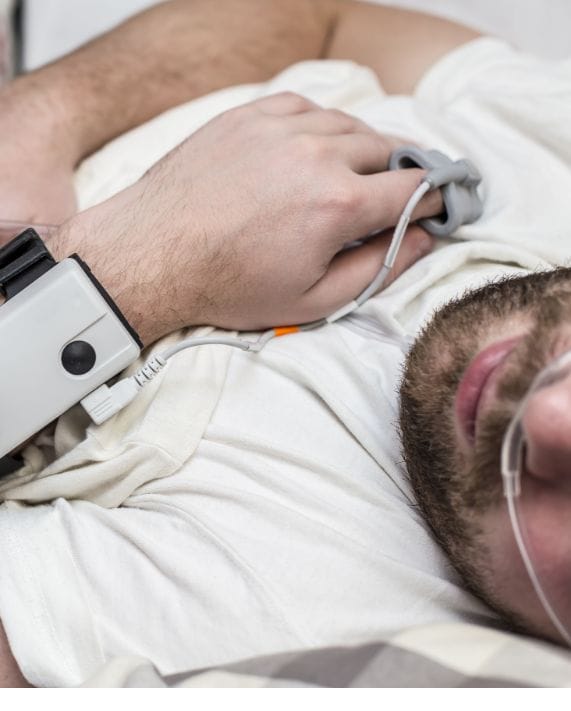
A growing body of research illustrates the interconnection between sleep apnea, periodontal disease, and heart problems. Untreated sleep apnea can lead to a variety of health complications, and among these are periodontal disease and an increased risk of heart-related issues.
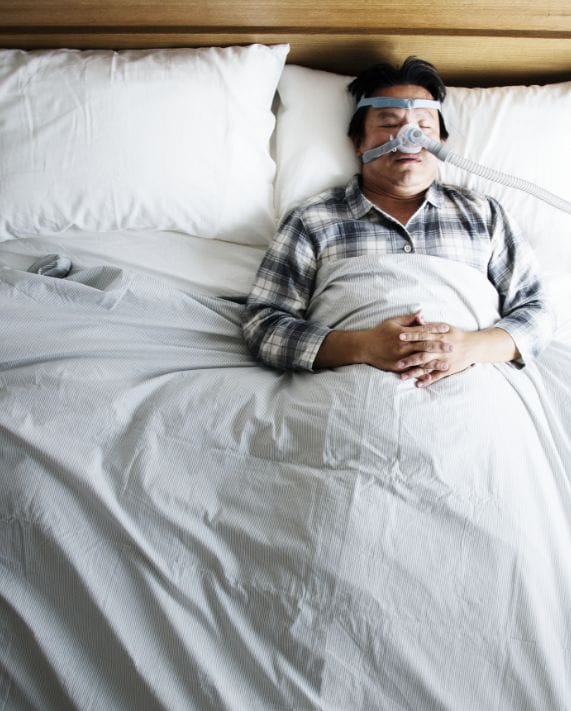
Sleep apnea, especially in its obstructive form, can lead to mouth breathing and dry mouth, creating an ideal environment for bacteria to flourish. This can, in turn, accelerate gum disease or periodontitis.
Research has shown a significant correlation between obstructive sleep apnea and periodontal disease, highlighting the necessity for timely and effective sleep apnea treatment.
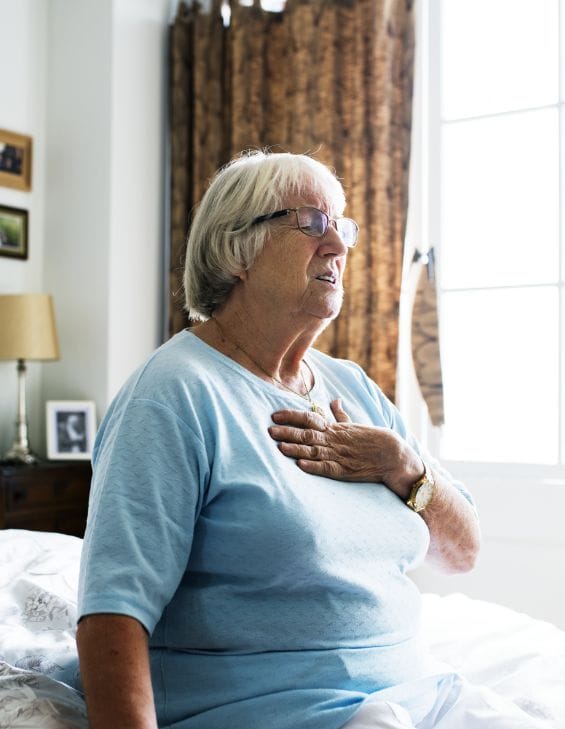
Sleep apnea’s impact on heart health is also considerable. The repeated episodes of low oxygen levels during sleep apnea can stress the heart and raise blood pressure, leading to hypertension, arrhythmia, stroke, and even heart failure.
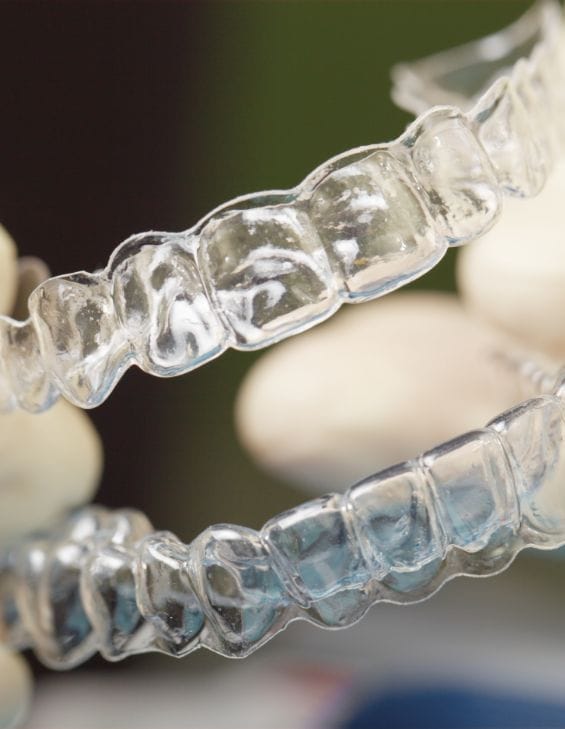
Sleep apnea mouth guards are dental devices designed to prevent your airway from collapsing when you sleep. They achieve this by adjusting the jaw and tongue positions to improve the upper airway configuration. These devices, typically fitted by qualified dentists such as Dr. Sharad Pandhi at Smile Perfection, are customized according to your needs.
While a Continuous Positive Airway Pressure (CPAP) machine is commonly recommended for sleep apnea treatment, not all patients can tolerate it. In addition, issues such as claustrophobia, dry nasal passages, and skin irritation can arise with its use. In these cases, a mouthguard can offer a practical alternative.
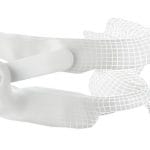
Sleep apnea mouthguards come in two main types:
There are over-the-counter substitutes, such as stock and boil-and-bite mouthguards, but they are generally one-size-fits-all options. Such devices may not fit well and could potentially lead to long-term complications.
Oral devices, such as sleep apnea mouth guards, present the following benefits for those grappling with mild to moderate sleep apnea:
Comfort:
Mouthguards are generally more comfortable than other treatments, such as CPAP therapy, making them a preferred choice for many patients.
Cost-Effective Alternative:
Unlike other treatments, mouthguards offer an affordable yet popular alternative to CPAP devices.
Symptom Improvement:
Regular use of a mouth guard can improve various symptoms of obstructive sleep apnea. These include snoring, teeth grinding and clenching, excessive daytime sleepiness, and dry mouth.
Ease of Use:
Mouthguards work without electricity, making them easier and cheaper.
Portability:
Compact and lightweight, mouth guards are travel-friendly. Their portability allows you to continue your treatment even while on the move.
When used consistently and under the supervision of a dedicated dentist like Dr. Sharad Pandhi, patients often report a significant enhancement in sleep quality.
The cost of a sleep apnea mouthguard varies depending on several factors, including the specific type of mouthpiece, dental visits for fitting and adjustments, any necessary follow-up appointments, and potential modifications to the dental device. Our team at Smile Perfection will provide you with a comprehensive breakdown of the costs involved during your consultation.
Absolutely! Sleep apnea mouthguards are designed to be used safely during sleep, as instructed by your doctor. While some individuals may experience initial jaw pain or discomfort, these side effects are typically temporary and subside over time. The benefits of improved sleep quality and managing your sleep disorder far outweigh any minor discomfort you may encounter.
On average, a well-maintained sleep apnea mouthguard can last up to two years. However, the appliance’s durability depends on factors such as wear and tear from regular use. Therefore, it is essential to monitor the condition of your mouthguard and seek professional advice if you notice any signs of wear or decreased effectiveness.
At Smile Perfection, we understand these interconnections and comprehensively approach your dental health and overall well-being. Dr. Sharad Pandhi’s deep understanding of the link between sleep and breathing disorders, coupled with his four decades of dental experience, empowers him to provide effective sleep apnea treatment with mouth guards in Tucson, AZ.
Schedule an appointment with us today so you can finally enjoy a restful sleep.